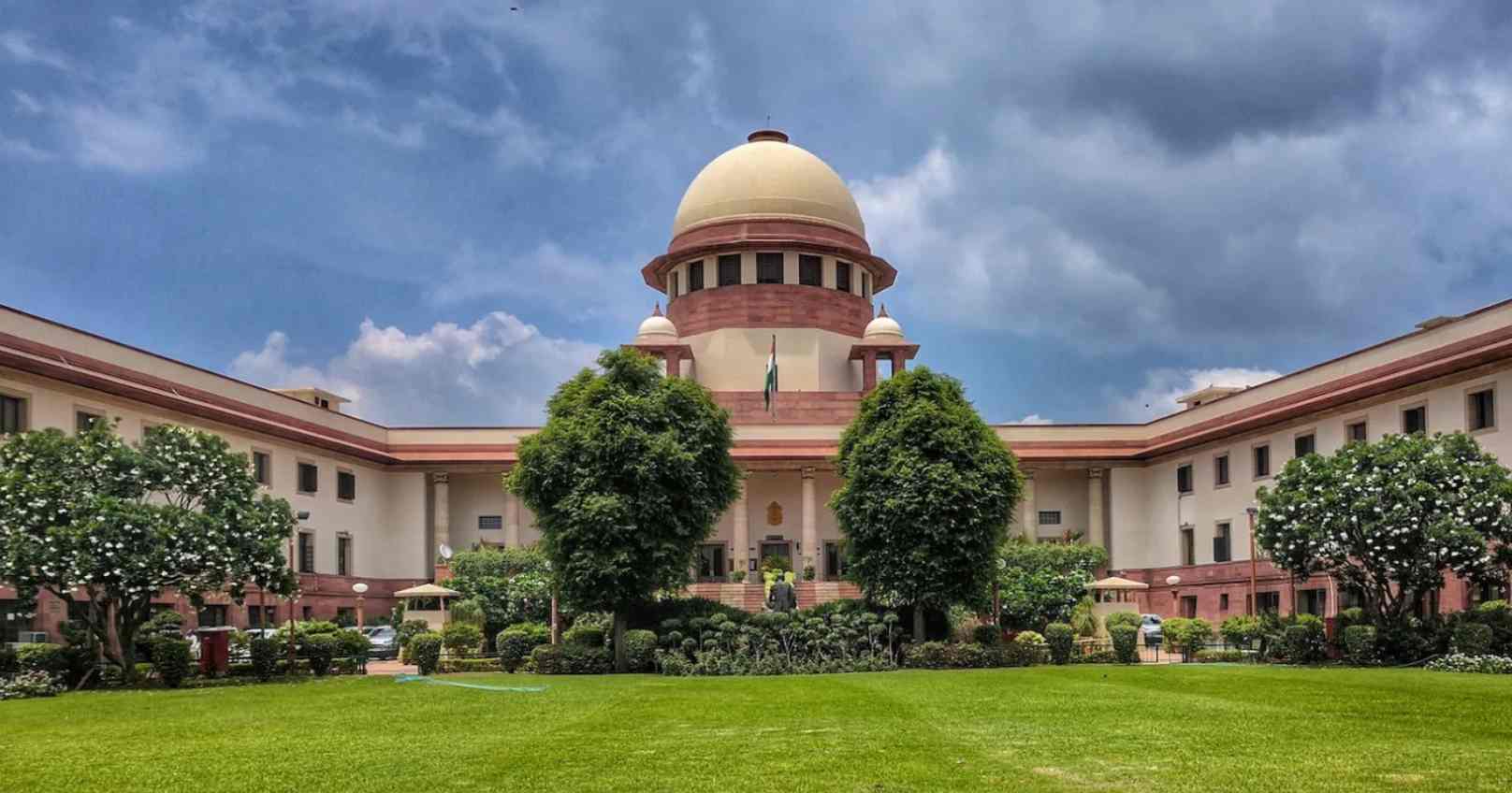Growth of the Indian Legal Sector
The recent regulatory changes enabling foreign lawyers to operate in India and the implications for the legal profession in the context of globalization
09-05-2024The recent regulatory changes enabling foreign lawyers to operate in India and the implications for the legal profession in the context of globalization
09-05-2024When India liberalized its economy in 1991, the nation embarked on a trial run at globalization. Few industries have been shielded from international trends since then as much as the Indian legal profession. This makes sense on the surface considering that Indian advocates and attorneys are qualified to implement Indian laws in a way that aligns with the socioeconomic values of the nation. However, the globalization of the Indian legal sector is unavoidable as India emerges as a major centre for international trade. The Indian Bar Council, after years of deliberation, has also accepted this fact.
The term "globalization" describes the variety of forces that are sweeping the globe, unrestricted by national borders, to supplant protectionist inclinations with a feeling of universalism and synchronization. Creating an ecosystem where parties, including lawyers, can engage peacefully and without major restrictions is the overarching objective. This ethos is reflected in the early 2023 notification of the "Rules for Registration and Regulation of Foreign Lawyers and Foreign Law Firms in India, 2022" (BCI Rules) by the Bar Council of India, which permits foreign attorneys to establish offices in India for specific, restricted uses. The BCI Rules explicitly acknowledge that "the world is becoming a global village" and that "the legal profession in India has to rise to the occasion" in their purposes and justifications.
An expanded role for foreign attorneys
It is difficult to summarize the complex regulatory framework that the BCI Rules need. However, the Bar Council of India has allowed registered foreign companies and attorneys to engage in transactional or corporate activity (such as joint ventures, mergers and acquisitions, and intellectual property problems) on a reciprocal basis, even though this may be oversimplifying the situation. Appearing before Indian courts, tribunals, or statutory authorities is prohibited for foreign attorneys. Nevertheless, regardless of whether foreign law is involved or not, they are now allowed to provide advice and make appearances in international arbitration proceedings held in India. The Supreme Court of India previously forbade foreign attorneys from practicing litigation or non-litigation law in India and limited their involvement in international arbitration cases to "fly in, fly out" visits. Although they will operate under a highly controlled environment, foreign lawyers are expressly given more of a role in the BCI Rules. As such, it represents a substantial improvement over the current system. The Indian legal sector may be affected in the future, but the early indications point to hope and potential. Long-term advantages, but hazards as well Although some Indian law firms and attorneys may have short-term financial difficulties as a result of the BCI Rules, there should be significant long-term benefits. The reciprocity requirement, for example, can guarantee that Indian lawyers have more access to the legal profession abroad. This could make it possible for attorneys from different jurisdictions to consistently share knowledge, abilities, and expertise. The arrival of international firms in India is expected to augment competition, which in turn will provide employment prospects for Indian lawyers, improve work culture and compensation, and encourage rival stakeholders to elevate the calibre of their offerings.
This is a positive sign for the Indian legal profession as well as for India's rise to prominence in the global economy. However, as is the case with any liberalization initiative, optimism needs to be weighed against the hazards associated with an unregulated market. In continuing discussions with the Bar Council of India, Indian stakeholders have already recognized a few of these dangers. For example, unintentional distortions may arise from the disparities in the regulations applied to Indian and foreign law firms in their respective home jurisdictions. Indian attorneys are not allowed to use advertisements to solicit clients, although other jurisdictions hardly ever have such laws. It may be unclear whether a set of ethical standards would apply in a transaction or arbitration because the laws regulating foreign-qualified lawyers may not be the same as those in India.
Lastly, some multinational legal firms with offices across the globe can be more financially strong than their Indian counterparts, which would make it harder for the latter to compete. This will necessitate strict regulation of the pace and scope of foreign attorneys' admission into India by the Bar Council of India. If not, liberalization's potential drawbacks might quickly surpass its predicted advantages.
Conclusion
The Bar Council of India seems to be aware of the advantages and disadvantages of its choice. This is evident from the strict registration (and renewal) criteria placed on international applicants and from the BCI Rules' ongoing barring of them from all contentious activity. However, the Bar Council of India's consultative approach is the source of the greatest encouragement. The agency is continuing to communicate with those who disagree with its conclusion and is not making any snap decisions. For these reasons, one could view the BCI Rules cautiously as a sign that the Indian legal sector is heading in the right direction.
- Palak Kumari is a law student at MAIMS, Guru Gobind Singh Indraprastha University.


A PIL by Sanvedana Foundation challenges the IRDAI’s 2020 circular allowing insurers to exclude ep
Read More
A Delhi court has ruled against releasing hotel CCTV footage in a case involving two Army Majors, ci
Read More
Chief Justice BR Gavai has pushed back against criticism of the judiciary over case backlogs, saying
Read More